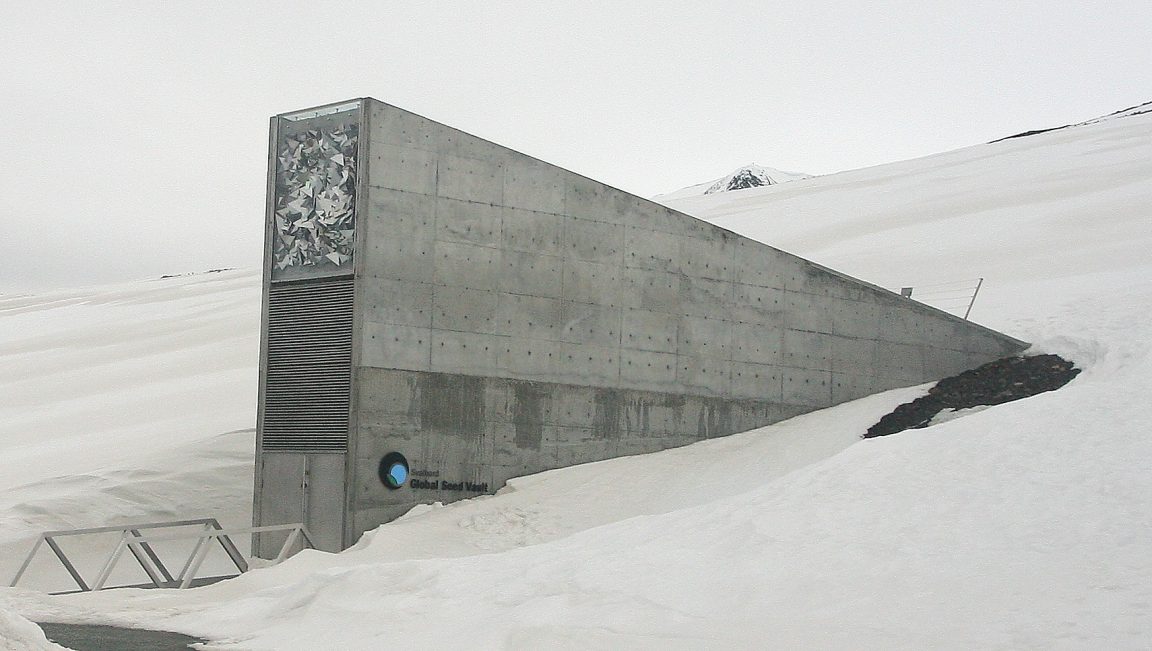
The researchers will study how long can the seeds can germinate when stored in standard storage norms. Others include National Rice Seed Storage Laboratory for Genetic Resources (Thailand) – rice Instituto Nacional de Investigação Agrária (Portugal) – maize and Empresa Brasileira de Pesquisa Agropecuária (Brazil) – soybean. ICRISAT (India) is contributing groundnut, chickpea, pearl millet and pigeonpea. “Over the next three years, six institutions will be placing seeds of other crops into the vault for the experiment,” said the ICRISAT executive. In the kick-off event that began on Thursday, the first set of seeds of barley, pea, wheat and lettuce produced by the German genebank IPK in Gatersleben were deposited in the vault. “They will be taken out for testing once every decade during the course of the next 100 years to determine longevity,” said Azevedo. The seeds will be tested initially before being put in the vault for storage at -18 degree Celsius,” India joined the global initiative in securing crop genetic diversity by depositing 25 ICAR accessions of pigeon pea in the Svalbard Global Seed Vault. She added, “ICRISAT will bring seeds of chickpea, groundnut, pearl millet and pigeonpea to the experiment during 2022-23. Data from seeds of 13 crops, four of which will be provided by ICRISAT’s genebank in India, will be collected during the experiment,” said Vania Azevedo, Head of ICRISAT’s RS Paroda Genebank, in a statement. “The experiment could prove crucial for effective restoration of the world’s food resources someday. A stray meteor on a collision course with Earth. The secret Global Seed Vault in question is located deep inside a mountain on a remote island in the Svalbard archipelago, which is midway between mainland Norway and the North Pole. Top 10 Incredible Doomsday Vaults by Gary Pullman fact checked by Jamie Frater Global or nuclear war. Genebanks of six global research institutions including ICRISAT (International Crops Research Institute for Semi-Arid Tropics) have begun a 100-year experiment at the Svalbard Global Seed Vault in a quest to know how long seeds live. Though storing seeds in vaults is not a new concept, this new experiment by preeminent agricultural research institutes across the world is highly interesting. It will provide future generations information about the viability of seeds and the importance of regeneration to keep up with vitality.

India is playing a crucial role in this experiment as the ICRISAT is contributing four seeds to be stored in this 100-year experiment that seeks to test the resilience of seeds. How about storing seeds, which the mankind depends on for survival, in a secret place - somewhere near North Pole - to save them in case of apocalypse or an act of god.


 0 kommentar(er)
0 kommentar(er)
